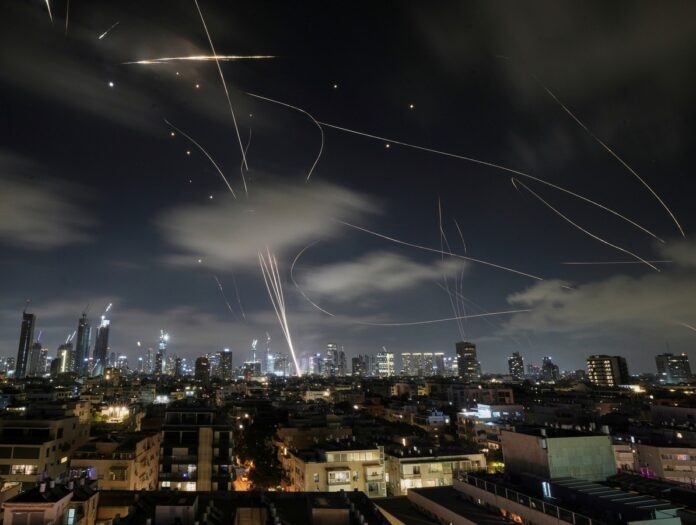India has formally distanced itself from a joint declaration by the Shanghai Cooperation Organisation (SCO) that condemned Israeli military strikes on Iran. Delhi clarified via the Ministry of External Affairs (MEA) that it did not participate in the SCO meeting where this statement was drafted, signalling a cautious and independent diplomatic position.
Article Contents
Context: Israel-Iran Conflict and SCO Response
Over the past week, tensions between Israel and Iran have surged, marked by drone and missile exchanges targeting cities and military installations. Iranian officials report over 224 civilian deaths—claims echoed by varied figures from Israel.
In response, the SCO, with China at its helm, strongly condemned Israel’s actions as a “gross violation of international law and the UN Charter,” expressing concern about threats to global stability.
?? India’s Neutral Stance and Diplomatic Messaging
Rather than endorse the SCO’s statement, India urged restraint and diplomacy, maintaining friendly relations with both Israel and Iran and advocating dialogue to de-escalate the crisis.
External Affairs Minister S. Jaishankar spoke to his Iranian counterpart, conveying “deep international concern” and advising against further escalation.
Strategic Diplomacy: Why India Opted Out
Analysts say India’s decision stems from a need to balance strategic ties with Israel—a key defense partner—and economic interests in Iran, especially regarding India’s investments in Chabahar port and energy supplies.
Notably, India recently abstained from a UN vote calling for an immediate ceasefire in Gaza, suggesting consistent support for a neutral path amid Middle East tensions.
Implications for India’s Foreign Policy
India’s refusal to endorse the SCO statement marks a diplomatic turning point, asserting its status as a sovereign actor unbound by bloc politics. Commentators underscore this as part of a broader foreign policy shift, where New Delhi champions “alignment without entanglement.”
Such autonomy allows India to shape its own narrative and preserve varied relationships, resisting pressures to conform to positions influenced by China or Russia.
-
Continued diplomatic engagement with Israel and Iran via dialogue channels
-
Monitoring the Middle East escalation, especially its impact on global oil and strategic interests
-
Future multilateral forums will test India’s independent stance against bloc pressures
India’s approach in this instance underscores a new phase in its global role—asserting strategic autonomy and emphasizing national interests tied to both Western and Eastern partners.




